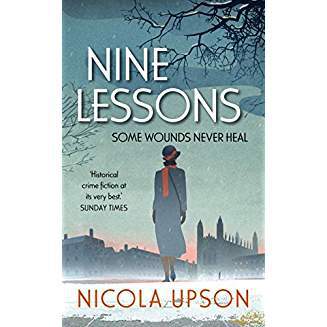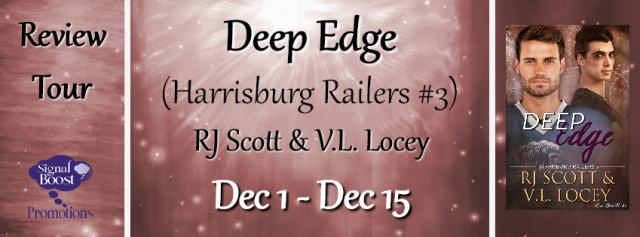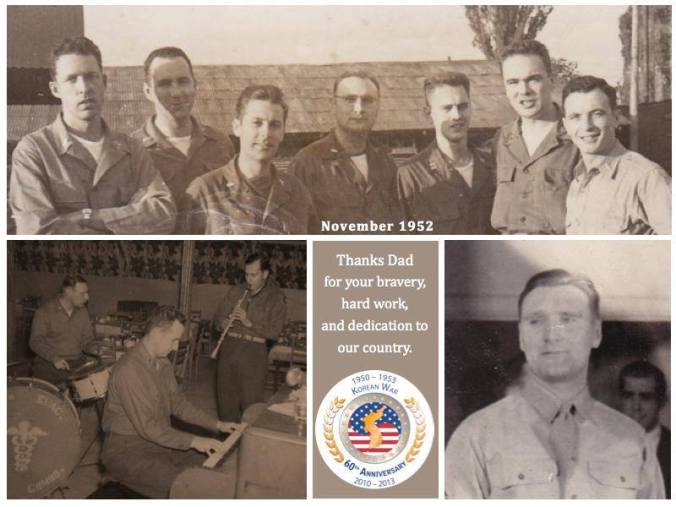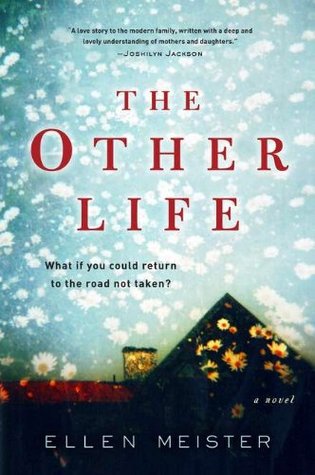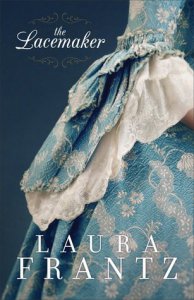 When Elizabeth Lawson’s father, Lord Stirling, flees his position in Williamsburg, she is left behind with a ransacked home, no friends, and a faithless fiance who wants nothing more than to distance himself from the unpopular Tories. Her fiance’s cousin, Noble Rynallt, is made of truer stuff, however, and he gives Elizabeth shelter until she can decide whether she will flee to England or remain in tempestuous Virginia. A patriot himself, Noble had no intention of marrying with war so soon on the horizon, but his growing attraction to Elizabeth makes him desire to be more than just a Good Samaritan. Unwilling to be beholden to Noble any longer than necessary, Elizabeth takes up menial work as a seamstress and a lacemaker to support herself. But when anonymous accusations surface claiming that the former belle is now a British spy, Elizabeth’s tenuous position is threatened once again….
When Elizabeth Lawson’s father, Lord Stirling, flees his position in Williamsburg, she is left behind with a ransacked home, no friends, and a faithless fiance who wants nothing more than to distance himself from the unpopular Tories. Her fiance’s cousin, Noble Rynallt, is made of truer stuff, however, and he gives Elizabeth shelter until she can decide whether she will flee to England or remain in tempestuous Virginia. A patriot himself, Noble had no intention of marrying with war so soon on the horizon, but his growing attraction to Elizabeth makes him desire to be more than just a Good Samaritan. Unwilling to be beholden to Noble any longer than necessary, Elizabeth takes up menial work as a seamstress and a lacemaker to support herself. But when anonymous accusations surface claiming that the former belle is now a British spy, Elizabeth’s tenuous position is threatened once again….
The characters in this book are beautifully rendered, and the romance exquisitely crafted. Both of the characters are gracious and steadfast, Elizabeth seeking liberty from the tyrannical selfishness of her father while Noble seeks liberty from the sorrows of his past. When Elizabeth changes her given name to Liberty (“Libby”), Patrick Henry’s phrase, “Give me Liberty or give me death!” takes on a different meaning both for the reader and for the characters themselves. The story arc is different than that found in your typical historical romance, as the “happily ever after” arrives in its own time and not where one might expect. In some ways, the story line reminded me of one of Frantz’s earlier books, Courting Morrow Little.
As in all of Frantz’s stories, the historical details are far more than just a backdrop, and one comes away immersed in the world of 1775 and wanting to know more about this period. My husband and I are both fans of the TV show Turn (based on George Washington’s spy network), so the element of espionage in the story added to my interest. Another thing I appreciated was how adeptly the author wove religion into the fabric of the story. The characters’ actions are influenced throughout by their Christian beliefs and by their understanding of what the Bible calls them to do. Yet everything transpires in a manner consistent with the historical era, and there was no “preachy-ness” to take one out of the plot.
The Lacemaker is an excellent first read to start the new year, and I highly recommend it to anyone interested in the American Revolution or in well-crafted romantic historical fiction.
Disclosure: I received a complimentary copy of this book from the publisher via NetGalley. All opinions expressed in this review are my own.
Share this:

